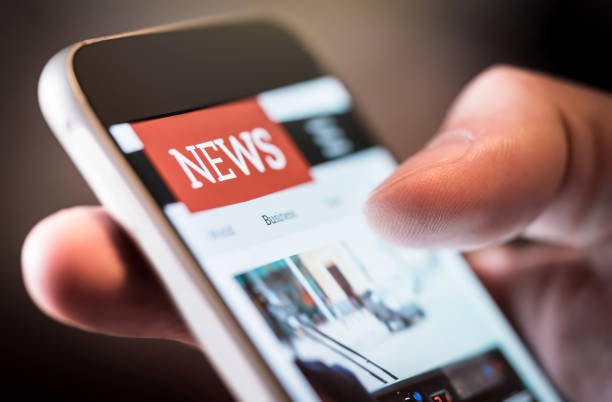How the Media Could be Used to Enhance Understanding of the Importance of the Bill of Rights
Skip to content
Skip to sidebar
Skip to footer
How the Media Could be Used to Enhance Understanding of the Importance of the Bill of Rights
How the Media Could be Used to Enhance Understanding of the Importance of the Bill of Rights


